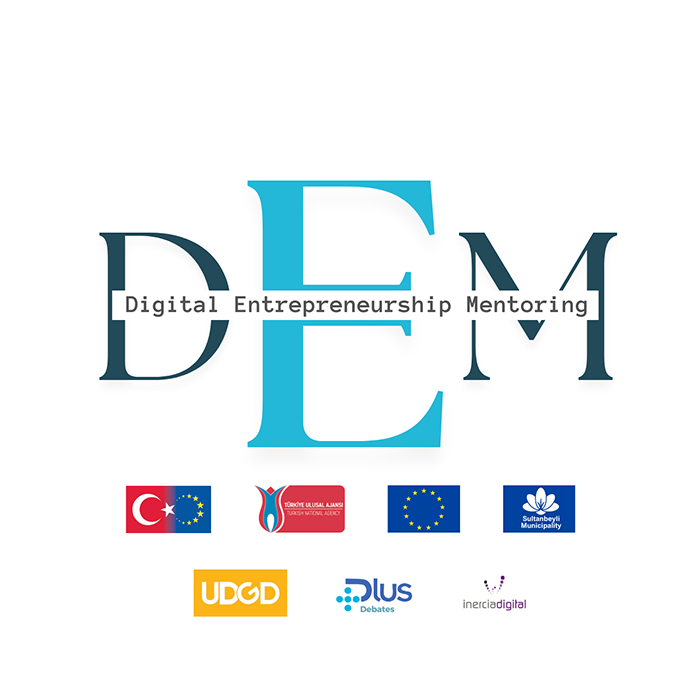February 2025 Update
1) Eurobarometer Survey: Europeans Have a Positive View of Artificial Intelligence
A new Eurobarometer survey, published on February 13, 2025, reveals that most Europeans view artificial intelligence and digital technologies positively. The survey indicates that more than 60 percent believe AI and robots contribute to the workplace, while over 70 percent think these technologies enhance productivity. However, 84 percent of respondents emphasize the need for careful management of AI to protect privacy and ensure transparency.
European Commission Vice-President Roxana Mînzatu highlighted that AI is becoming an integral part of modern workplaces. She stressed the importance of using AI in ways that both support and protect workers, noting that existing regulations such as GDPR, the AI Act, and the Directive on Platform Work provide a strong legal framework.
As AI and digital technologies continue to evolve, the European Union remains committed to monitoring their impact on the labor market, balancing innovation with security and ethical considerations.
2) Europe has a compass – now it must navigate towards a competitive digital future
Telecommunications and digital connectivity, though critical infrastructure, often go unnoticed until a disruption occurs. In Europe, 471 million people use mobile internet, covering 79% of the adult population. The mobile sector contributes €1.1 trillion annually to the economy and supports 3.4 million jobs, yet sustained growth requires regulatory reforms and increased investment.
The European Commission aims to strengthen digital infrastructure under the EU Digital Decade targets, but the risk of losing competitiveness is growing. While 5G is expected to dominate by 2026, millions still lack high-quality connectivity. As the focus shifts to next-generation networks, Europe risks falling further behind in global competition.
Over the past decade, the telecom industry has invested €500 billion, but the €175 billion planned for 2024-2030 may not be sufficient. Existing regulations limit full access to the EU Single Market’s benefits, hindering investment. Revisions to the EU Telecom Code, merger policies, and spectrum regulations are urgently needed. Without swift action, Europe’s innovation and technological competitiveness could weaken significantly.
3) Meta, Amazon, Google, Apple, Microsoft, and Salesforce laid off thousands of employees.
Job cuts continued in 2024 but on a smaller scale. Meta, Microsoft, and Salesforce reduced their workforce, while Microsoft announced expansions in some areas, and Amazon implemented further reductions.
Ireland and France experienced the most significant layoffs, while Germany, Portugal, and Spain saw limited impact. Romania faced both job cuts and expansions, particularly in AI-related departments.
According to SEC reports, Apple reduced its workforce by 3,000 but returned to its 2022 level in 2024, Microsoft increased its workforce to 228,000 despite prior layoffs, and Salesforce cut 2,493 jobs outside the US.
The most affected sectors were sales, marketing, and advertising. Microsoft, Amazon, Google, and Salesforce all reduced staff in these areas.
Despite these layoffs, labor shortages persist in the EU’s IT and computing sectors. A Q4 2024 survey found that 29% of employers cited labor shortages as a production constraint. Start-ups and niche employers may provide new opportunities for displaced tech workers.
